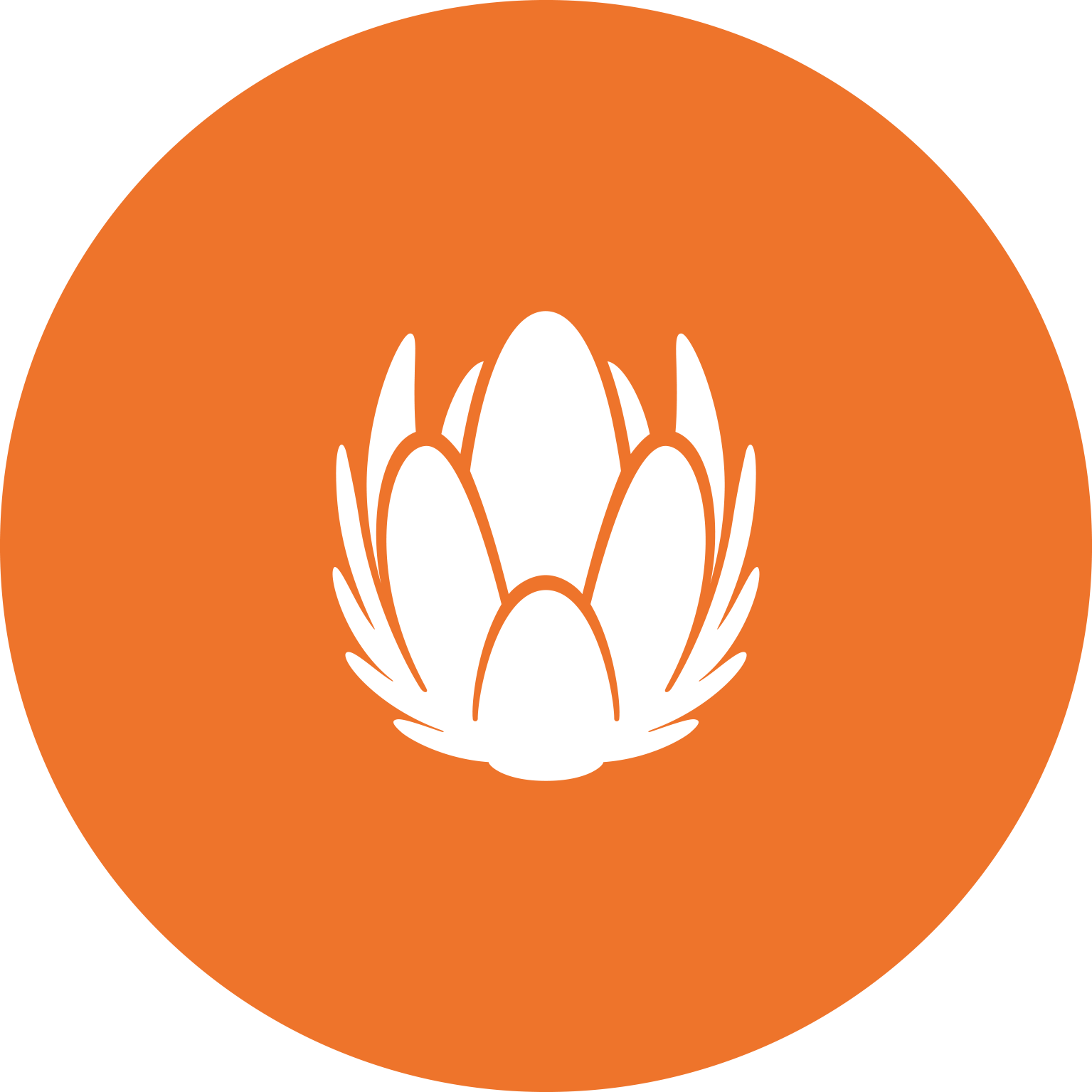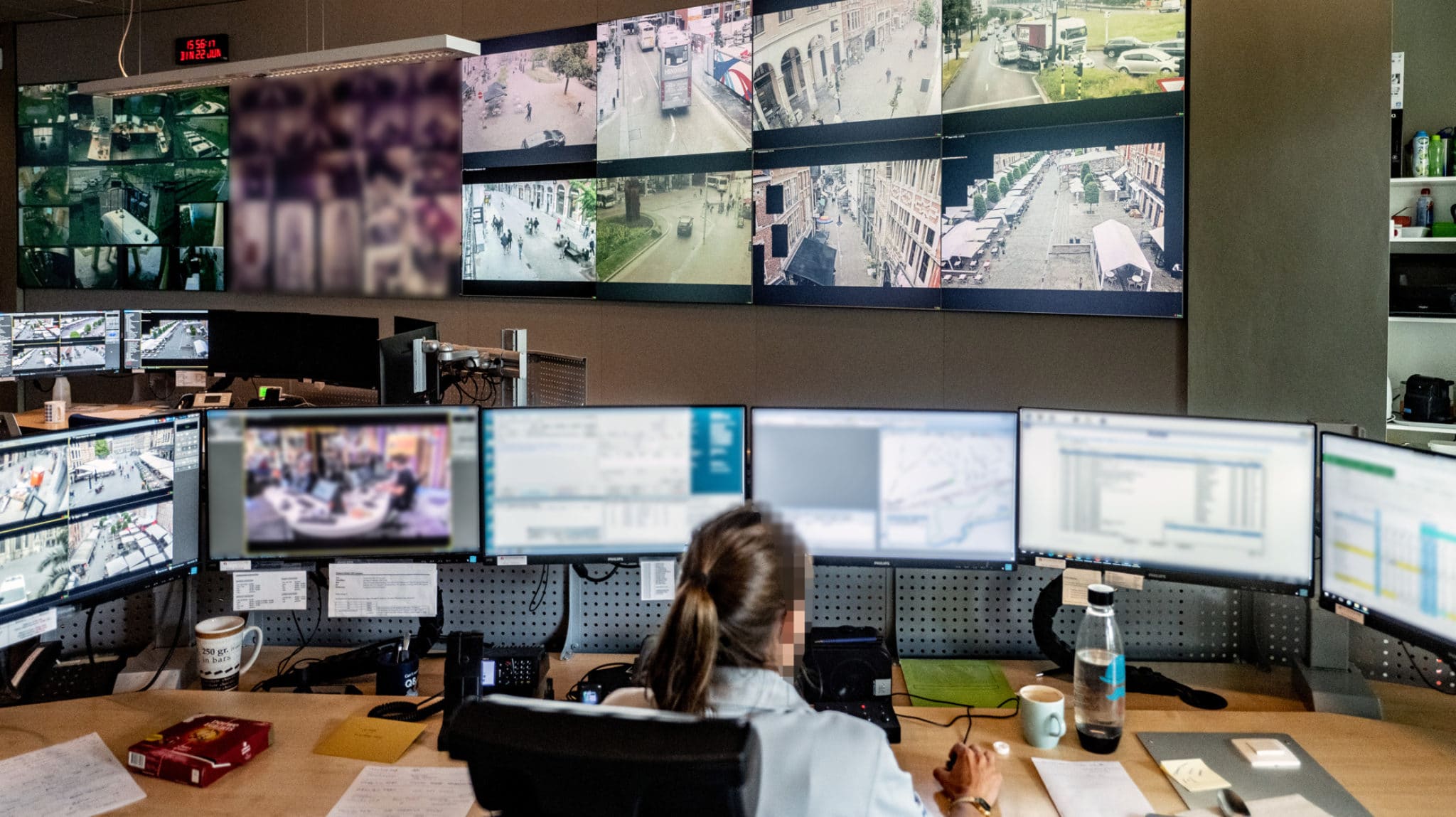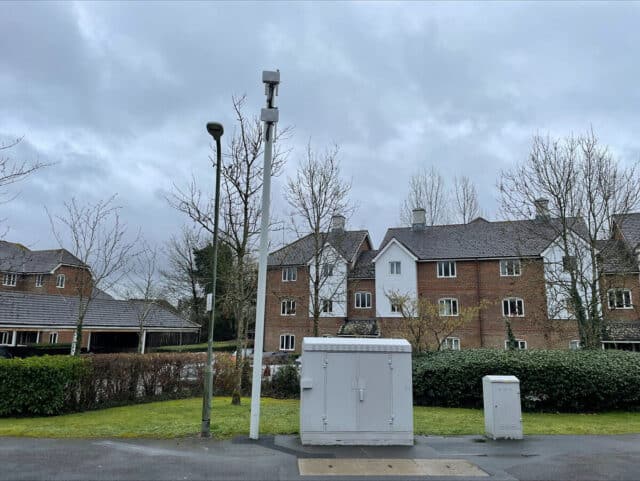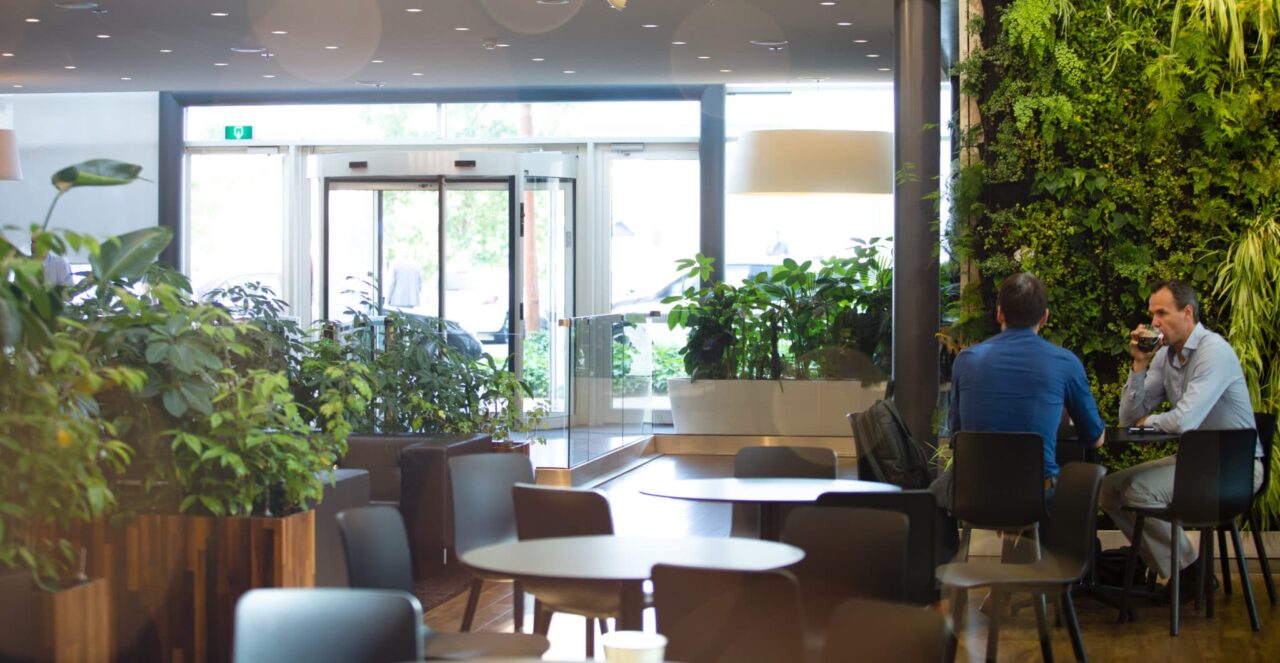Telenet is testing 5G pilot projects with key organisations in Leuven City, including the University KU Leuven, police and imec. Liberty Global’s Belgium subsidiary has installed seventeen 5G radio masts at various locations in Leuven under a temporary licence.
Leuven police, among other organisations, is already actively testing the technology and is using mobile cameras with razor-sharp images to catch offenders – camera images of illegal dumpers are transmitted 24/7 to the police control room.
Telenet is looking to identify 5G possibilities using various pilot projects:
- University students perform water research in a place without wired network, capturing real-time data.
- Visitors at a large open-air event are provided with a reliable Wi-Fi connection.
5G network for government and businesses
Together with the Council and imec, Telenet has installed radio masts providing city-wide 5G network coverage across Leuven. The 5G towers are located are various locations, including around the imec site, the KU Leuven campus for engineering students, the site around De Hoorn aan de Vaart, and the business park in Haasrode. (Only private 5G networks are currently in use, so consumers in Leuven will not yet be able to use 5G on their smartphones.)
Micha Berger, Telenet Chief Technology Officer said: ‘At its peak, 5G achieves speeds that are twenty to thirty times faster than 4G. And, it’s also more reliable. The delay on a 5G connection is only a millisecond. As a business, we want to respond to the needs of governments, organisations, and companies which is why we’re testing these practical possibilities. It’s great to have the network in place in Leuven ready for consumers too.’
Mohamed Ridouani, Mayor of Leuven added: ‘The roll-out of this innovative technology is another fine example of cooperation in Leuven. It gives us the opportunity to further develop our city as a Smart City and find solutions together that can support mobility and safety. In time, our businesses will also be able to make use of the many possibilities of this network. This is how we work together every day to make the city a better place for everyone.’
5G in the fight against public nuisances
Leuven police are already testing the benefits of the super-fast and wireless 5G network. Together with Telenet, they installed cameras in the De Bruul park to combat illegal dumping and other public nuisances. The cameras are connected to Telenet’s 5G network. The police can easily move and deploy the cameras flexibly as these no longer need to be connected to a fixed network. Transmitting razor-sharp and clear images is extremely fast and it is easier for the police to identify offenders due to the high resolution.
Chief Constable Marc Vranckx, Leuven Police spokesperson commented: ‘In Leuven, we have a lot of experience with fixed camera surveillance. However, we don’t have a fixed network everywhere that creates high-quality camera images quickly and permanently. We challenged Telenet to prove that 5G can be a viable alternative in such situations. And it is proving successful so far – the images transmitted to our control room are razor-sharp so we don’t have to compromise on quality compared to 4G and we can watch the cameras 24/7.’
For several years now, Telenet has offered companies and governments smart and mobile cameras via 4G or Wi-Fi using its SecuriQam concept. These are used for events or to combat, for instance, fly-tipping, theft or vandalism, or tackle mobility issues. It will also roll out SecuriQam commercially next year via 5G, where available.
Test projects with KU Leuven
A number of projects are also under way between Telenet and KU Leuven. KU Leuven has a private fibre-optic network to which most of its buildings are connected, but this is not the case for some student residences. For the time being, these are connected via a microwave link or radio link between two antennas. However, jammers and weather conditions can impact the speed of the internet. KU Leuven also wants to use 5G technology in the future to temporarily connect new buildings or buildings that are being renovated to the network. The university also believes in the benefits of 5G for field set-ups for research in places where no wired network is possible. And it also wants to use the technology to make Wi-Fi available at large outdoor events.
Engineer Herman Moons, KU Leuven – ICTS enthused: ‘5G can not only benefit our own infrastructure as an alternative for radio connections but our researchers can also benefit from it. For example, research at locations that are difficult to reach, such as water research in the wild, or field research in remote orchards without a wired network. Researchers can easily capture data using a mobile 5G kit and transmit it in real-time directly to the research lab. The Proof of Concepts we are now developing are very interesting and help us acquire knowledge for KU Leuven about 5G.’
Research in the pipeline
Finally, as a telecom partner, Telenet is participating in a series of studies at imec because 5G can be used in a wide variety of activities and sectors. For example, the logistics sector, robotics, health care, virtual reality, tracking and tracing valuable materials, or mobility. Thanks to its low latency or ultra-fast response speed, 5G can reliably automate processes.
For example, the ‘5G Blueprint’ project aims to control lorries without a driver from a distance in a corridor that runs between the logistics centres of Antwerp and Rotterdam. In this European project, in which several European telecom operators are involved, Telenet is the only Belgian operator that is investigating where 5G coverage must be available in order to guarantee safe and efficient mobility.
And in the ‘Live-G’ project, Telenet and imec (together with facilities company Videohouse and the Leuven company THEOplayer) are investigating how 5G can play a role during the recording and live transmission of images of sports competitions.







